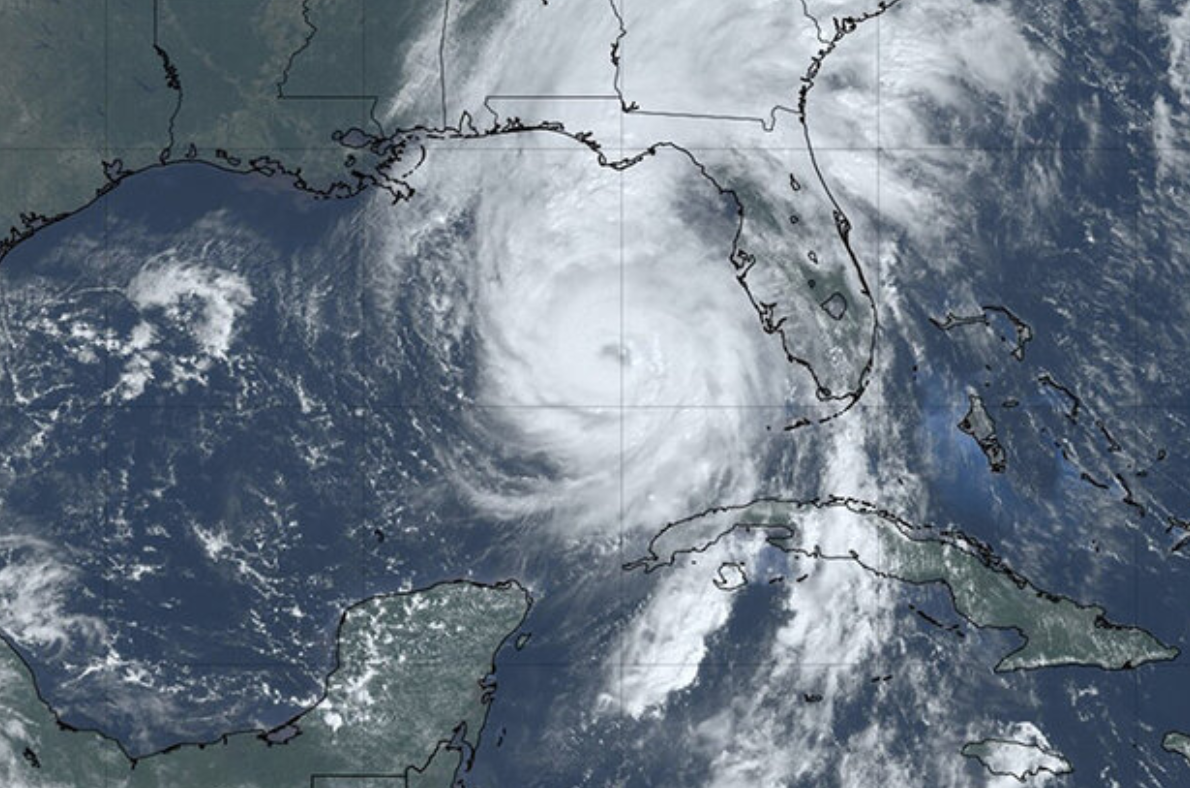Youth Climate Concerns
The author is a senior at Jefferson High School in Lafayette, Indiana. This story first appeared in her school newspaper, The Booster.
A 2021 study that The Lancet published has sparked curiosity among journalists, with articles coming out claiming that this article is factual, groundbreaking, and thought-provoking.
The researchers in this study were R. Eric Lewandowski, PhD, Susan D. Clayton, PhD, Lucas Olbrich, MSc, Joseph W Sakshaug, PhD, Britt Wray, PhD, and Sarah E. O. Schwartz, PhD. These researchers are from highly respected institutions like NYU, Stanford, and the College of Wooster. Also, The Lancet is an internationally trusted source for clinical, public health, and global health knowledge. According to the National Library of Medicine, The Lancet ranks among the most clinically relevant medical journals.
This study’s goal was to understand the “patterns and consequences of climate-related distress among US youth,” and found that 85% of respondents of their survey of 15,793 youth individuals reported being at least “moderately worried.” Also, 57.9% were “extremely worried.” The method used for obtaining this information was a non-representative online survey, which was open from July 7 to Nov. 7. The age group was youth, ages 16-25. A sample of 400 respondents was targeted in each state, and in 34 states this goal was exceeded.
The study’s interpretation of the findings was “Climate change is causing widespread distress among US youth and affecting their beliefs and plans for the future. These effects may intensify, across the political spectrum, as exposure to climate-related severe weather events increases.”
Differences in the scale of worry about the climate may vary by age: Gen Z and Millennial Republicans show more concern about climate change and support action than Republicans in older age groups. Democrats of any age tend to show more concern than Republicans, according to the Pew Research Center.
Climate change will negatively impact mental health, the economy, and the environment. According to the National Oceanic and Atmospheric Administration, climate change causes rising temperatures, rising sea levels, drought, flooding, and more. According to the National Institute of Health, climate change can lead to “posttraumatic stress disorder, adjustment disorder, and depression. Changes in climate and global warming may require the population to migrate, which can lead to acculturation stress.” According to the Carnegie Endowment for International Peace, climate change has been found to affect income and the economy; issues include impacts on agricultural yield, the physical and cognitive performance of workers, the demand for energy, as well as incidences of crime, unrest, and conflict.
Hurricane Helene over the Gulf of Mexico. Credit: NOAA
The Cowboy State Daily published an article on the topic of younger generations and climate change. The reporter who wrote the article was specifically writing about how the constant exposure to self-proclaimed experts online can be detrimental to their belief systems. [See our YEPT story, “Stop Climate Doomsdaying”} Also, the reporter was using The Lancet study mentioned above to cite that “Very little reporting in the mainstream media comes directly from it [highly technical documents],” and Gen Z and Millennials are more likely to believe exaggerated or untrue facts, especially about climate change. The journalist acknowledges that experts do not disagree with climate change itself, just the idea that the world is ending soon: “[S]cience isn’t saying that the world will come to an end or that civilization will collapse because of global warming, but he [Dr. Gerald Kutney] urges people not to underestimate the threat.”
Unfortunately, the misinformation swirling around the online atmosphere is not getting any less prevalent. Plus, according to an article written by James Dewitt, ideological extremists are more likely to believe online misinformation. According to the American Psychological Association, there are many ways to combat misinformation, but the one that stands out the most is avoiding spreading it and educating yourself using trusted sources.
Lack of support for AP Environmental Science
At Lafayette Jefferson High School in Lafayette, Indiana, AP Environmental Science was offered during the 2022-23 and the 2023-24 school years, but has since been discontinued due to a lack of student support. There were not enough students interested for the high school to run this class during the 2024-25 school year. For an AP Class to run at Jefferson, there needs to be a minimum of 20 students interested out of the 2,000 students at the school. This class did not make that cut. Currently, juniors are being asked to make their senior year schedule, and if enough students are interested, AP Environmental Science can be taught by Dr. Susan Gran.
AP Biology will be taught next school year (2025-2026) if enough students sign up to take it. The class will be led by biology teacher Joy Cedarquist and be classified as an AP class, but technically it will be a dual credit class. Cedarquist is also a climate advocate, having her former AP Biology classes become an Ecology club, and teaching an upper-level biology class again is a win in terms of environmental education.
When asked about his view on the climate crisis, junior Emerson Maxwell claims, “I care about the environment to ensure a safe future for me and my peers as we move onto college and future jobs.” He also expressed an interest in AP Environmental Science, hoping to expand his knowledge on the matter. Junior Marlee Werner agrees with this statement, saying, “If the environment is dead, so are we. It is the foundation that life builds upon.”
Both students have expressed hopefulness that the class will run the next academic school year, planning to learn about the planet while being moderately/extremely worried about the climate.




